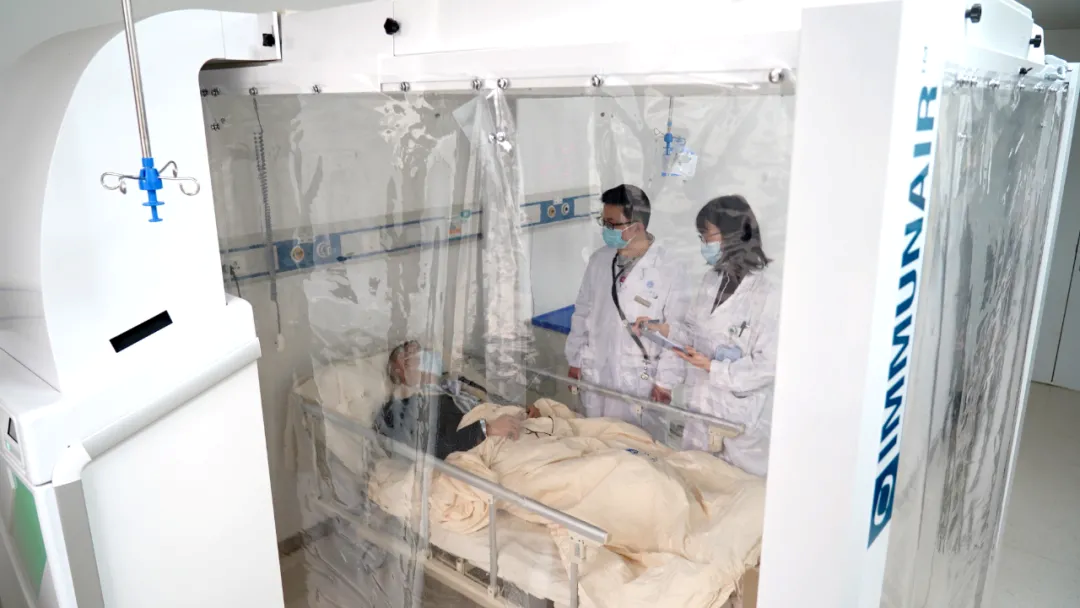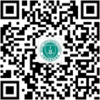
Union Hospital accomplished successful application of CAR T-cell therapy on the 300th patient of refractory/recurrent hematological malignancies. “The overall remission rate approximated 90%”, Prof. Hu Yu, head of the CAR T-cell therapy team, introduced.
Mr. Wu (pseudonym), 68 years old, is the 300th patient of refractory/recurrent hematological malignancies who received the CAR T-cell therapy successfully at Union Hospital. After being plagued by a persistent low-grade fever since March 2017, he was diagnosed with aggressive lymphoma.
While receiving chemotherapy from December 2018 to September 2021, Mr. Wu appeared to have drug resistance repeatedly, and showed behavioral and mental confusion for a while. His belly distended and lower limb edema worsened, and he was pining away from illness.
Mr. Wu came to Union Hospital for treatment. Under the instruction of Prof. Hu Yu, Prof. Mei Heng and the team analyzed and sifted out the CAR T-cell therapy best-suited to him.

Mr. Wu received infusion of CAR T cells on November 5 this year. Under the scientific and attentive care by the team, the lymph nodes on the left side of his neck that used to be a quail egg’s size became smaller and gradually intangible. He regained his hearing bit by bit and the drainage of abdominal dropsy was also decreasing day by day. After receiving the CAR T-cell therapy, his condition improved steadily.
“CAR T-cell therapy loads T cells with Chimeric Antigen Receptor (CAR). It is like loading T cells with ‘wings’ and ‘GPS’,” Prof. Hu Yu described vividly, “as a result, they can serve as ‘special troop’ that recognize and destroy disguised tumor cells.” After the infusion of CAR T cells, the cancer cells in the patient will theoretically be eliminated in a certain time, Prof. Hu Yu introduced. That said, the CAR T-cell therapy works well against hematological malignancies, including lymphoma, leukemia and multiple myeloma, but its efficacy on solid tumors is still under research.
There are strict indications for CAR T-cell therapy. Data of clinical trials of CAR T-cell therapy is not enough. Facing a dying patient on whom all traditional therapies have been tried in vain, the medical team has to cope with the grave challenges in developing a targeted therapeutic regime, determining the optimal therapeutic window, helping the patient to survive the intense inflammatory reaction, and taking care of prognostic monitoring and management.
Source: https://mp.weixin.qq.com/s/ehBoJrpg_r2Fk5NaMF86Ow
Written by: Dept. of Haematology
Edit by: International Exchange Office




